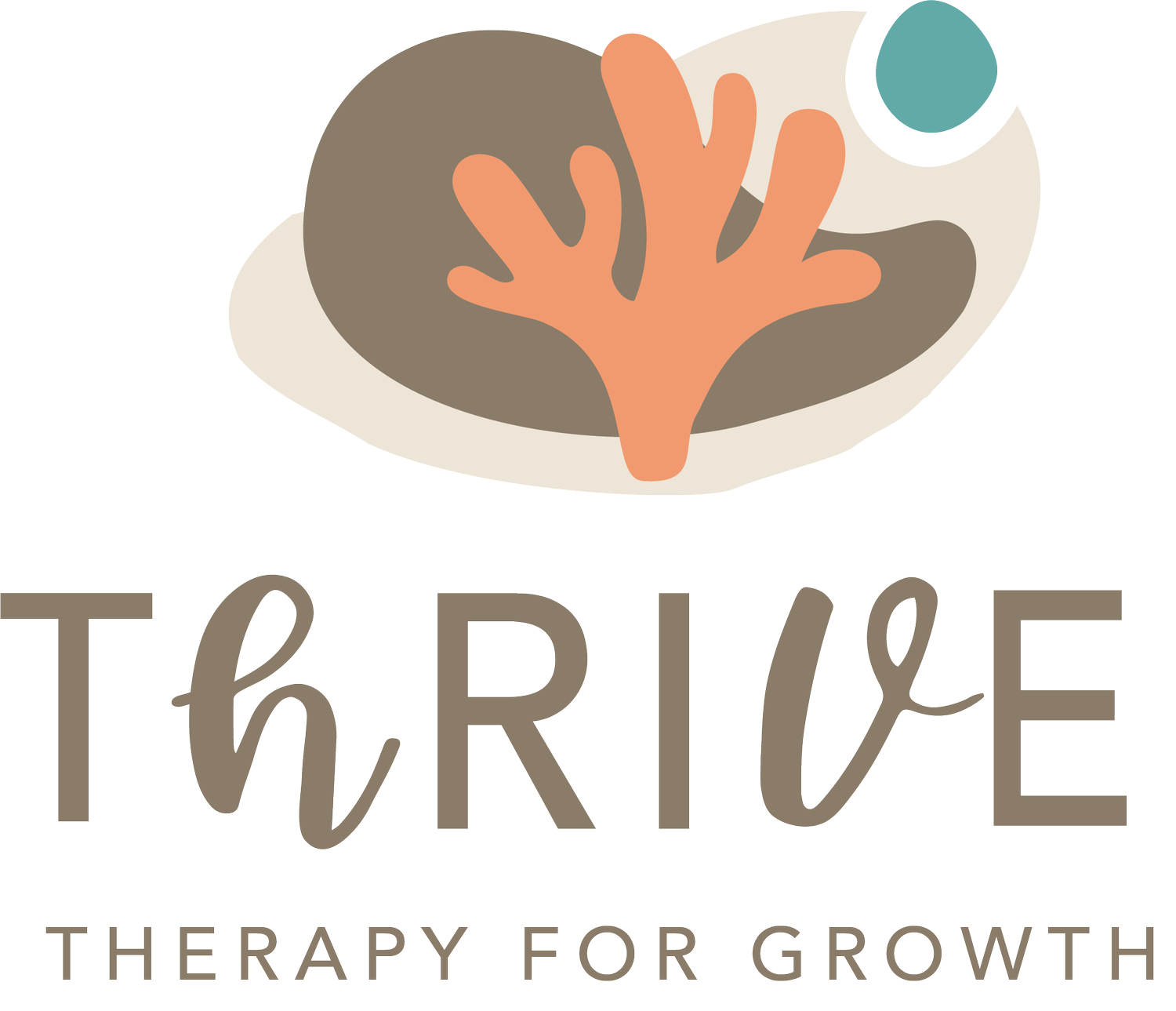Understanding OCD: Do You Need a Specialist or Can Other Therapies Help?
Obsessive-Compulsive Disorder (OCD) affects millions of people, often showing up as unwanted intrusive thoughts (obsessions) and repetitive behaviors or mental acts (compulsions) aimed at reducing anxiety. While it’s commonly associated with hand-washing or checking rituals, OCD can take many forms—including harm-related obsessions, perfectionism, religious scrupulosity, relationship doubts, and more.
At Thrive, we’re often asked: Do I need to see an OCD specialist, or can a general therapist help me manage my symptoms?
The short answer? Both can be true—depending on the severity and type of symptoms, as well as where you are in your healing journey.
When a Specialist is the Best Fit
For people with moderate to severe OCD—or for those whose lives are being significantly disrupted—working with a trained OCD specialist is often the most effective first step.
Evidence-based treatments like Exposure and Response Prevention (ERP), a specific form of cognitive behavioral therapy (CBT), have been shown to be the gold standard for OCD. ERP helps people face their fears gradually, without engaging in the compulsive behaviors that reinforce the cycle of OCD.
If you’re struggling with persistent intrusive thoughts, repetitive rituals, or a strong need for certainty that’s affecting your daily life, an ERP-trained OCD specialist can offer structured, research-backed care that makes a real difference.
What About Other Therapies?
Even if you’re not working with an OCD specialist, many therapeutic approaches can still provide meaningful support. At Thrive, we believe in meeting clients where they are, and that includes acknowledging the complexity of OCD symptoms and the whole person behind them.
Some helpful non-specialist modalities include:
Mindfulness-Based Therapy: Helps increase awareness of obsessive thoughts without reacting to them.
Somatic Therapy: Supports regulation of the nervous system, which can reduce the intensity of compulsive urges.
Internal Family Systems (IFS) or Parts Work: Offers a compassionate way to understand the different internal voices involved in OCD patterns.
Acceptance and Commitment Therapy (ACT): Encourages living in alignment with values even in the presence of discomfort.
These approaches may not replace ERP for someone with severe OCD, but they can absolutely be complementary—or the foundation for therapy while a client builds readiness for ERP work.
What We Recommend at Thrive
If you or someone you love is dealing with symptoms of OCD, we encourage a gentle, informed approach. We can:
Help assess whether a referral to a specialist is the right step
Offer supportive therapy in-house with clinicians trained in CBT, ACT, and somatic approaches
Collaborate with outside OCD specialists to provide wraparound care when needed
You don’t have to walk this path alone, and there is no one-size-fits-all answer. Our goal is to help you find the right fit—whether that’s a Thrive therapist or someone in our trusted referral network.
Interested in learning more or scheduling an initial session?
ill out our client intake form and we’ll help match you with the right provider.
